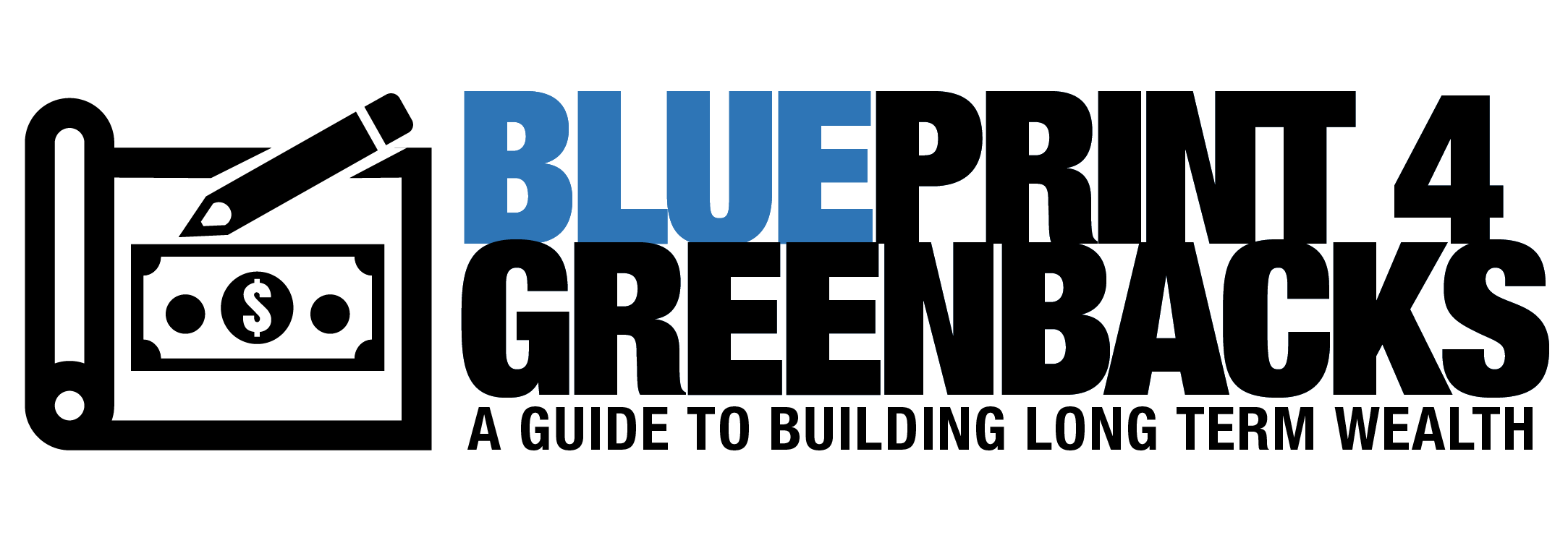Breaking out your net worth into short-term vs. long-term components

You can break out assets and liabilities into short term/liquid and long term/non-liquid. This allows you to differentiate between assets that could be accessed quickly and without penalty (market or regulation) and those longer-term assets where we would pay a price penalty to convert them to cash for immediate use. Additionally, breaking out we see what we owe in the immediate near-term vs longer term debts.
Liquid assets: Items that can be sold in days.
- personal bank accounts (checking, savings, money market)
- certificates of deposit
- stocks
- bonds
- mutual funds
- exchange traded funds
Non-liquid assets: Items that you own that cannot be quickly and/or easily sold.
- real estate investments
- retirement accounts (IRAs, 401ks, 403bs, Keoghs, Profit Sharing Plans, and Pension Plans)
- business interests such as proprietorships, partnerships, or company stock in a company that is not publicly traded
- cash value of any life insurance that is not term insurance
- personal property such as cars and boats, jewelry, collectibles, and sporting goods
Immediate Liabilities: Liabilities including any loan, bill or debt that must be paid within 1 year
- credit card debt
- car loans
- student loan
Long Term Debt: Liabilities including any loan, bill or debt that must be paid outside of two years.
- home mortgage
- real estate loans
- business loans
Why is it important to break out and visualize your short term vs long term obligations? The most important things wealth brings
- Increase Options – ability to meet life’s challenges without having to make bad decisions, like selling your house – or a kidney!
- Reduction of Risk – the more money you have readily available, the less risky individual problems become.
- Better view of your financial situation if market or personal situation changes
Separating your obligations gives you better visibility into all 3 of these areas. Is it more important than net worth. In my opinion, no. But there is a place for it in your financial process. What do you think?

wkqjq5